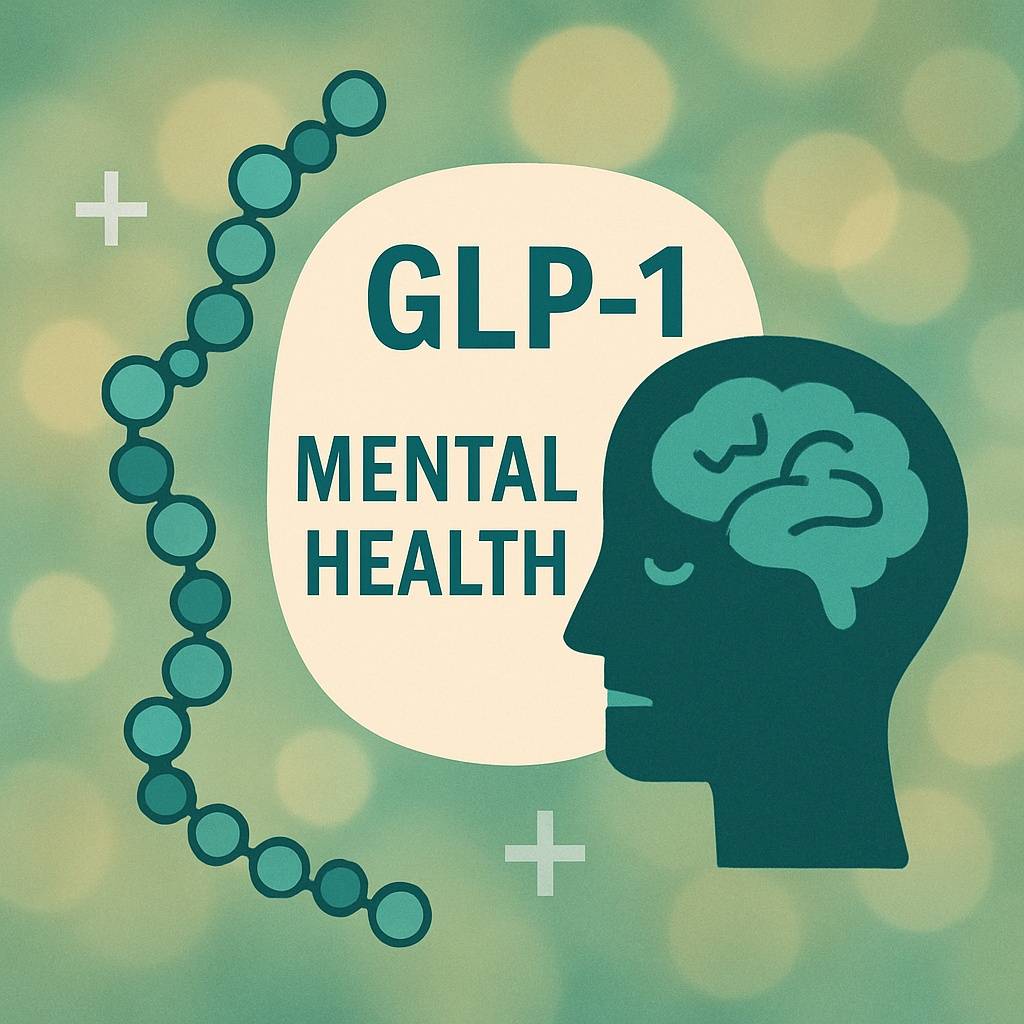Patient experiences with Liraglutide for obesity and binge eating disorder–A qualitative study
Obesity is increasingly recognized as a significant health issue and a contributing factor to binge eating disorder (BED), which is characterized by episodes of uncontrolled overeating and associated psychological distress. This qualitative study aimed to explore the experiences of patients with obesity and BED undergoing treatment with liraglutide, a glucagon-like peptide-1 (GLP-1) analog that targets the brain’s reward system to alleviate psychological stress and promote satiety. Utilizing a qualitative design, the study involved semi-structured, in-depth interviews with eight participants aged 25 to 60 years, with subsequent data analysis performed using systematic text condensation. Two primary themes emerged from the analysis: The role of food on the expression of BED: This theme included subthemes of food as an emotional regulator, persistent thoughts about eating and dieting, and emotional and situational triggers for binge eating. Experiences with liraglutide in managing BED: Participants reported on meeting emotional and physical needs, reducing intrusive thoughts about food, and decreasing triggers for eating. Importantly, the findings indicate that liraglutide positively influenced the expression of BED symptoms, enhancing emotional well-being, social interactions, and overall quality of life among participants. However, the study also highlights the necessity for further qualitative research to investigate the long-term effects of liraglutide on emotional and behavioral changes within this demographic.
Year: 2025

 Navigation
Navigation









